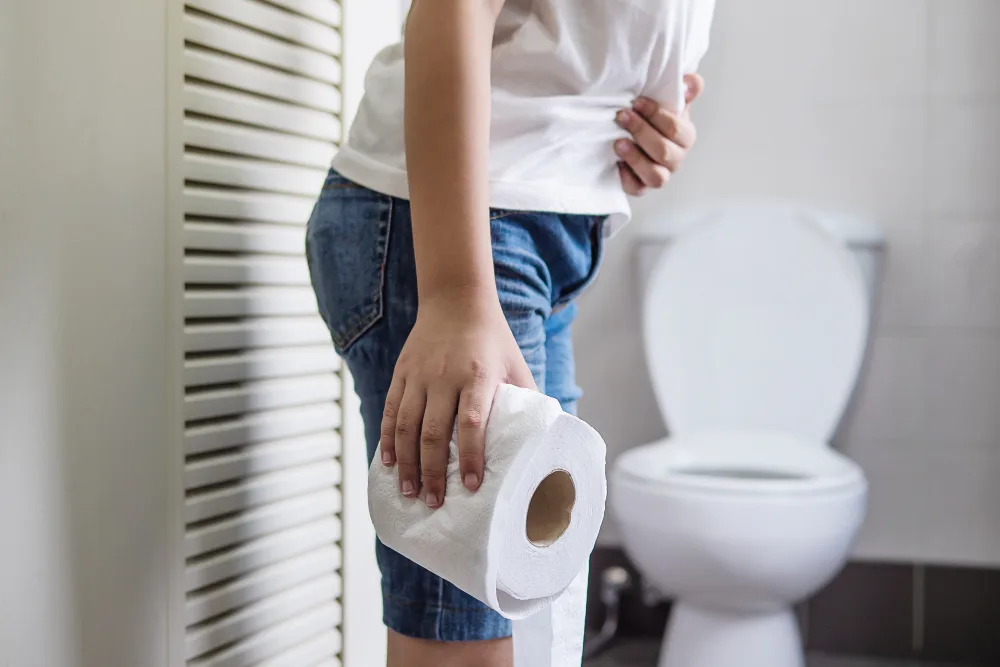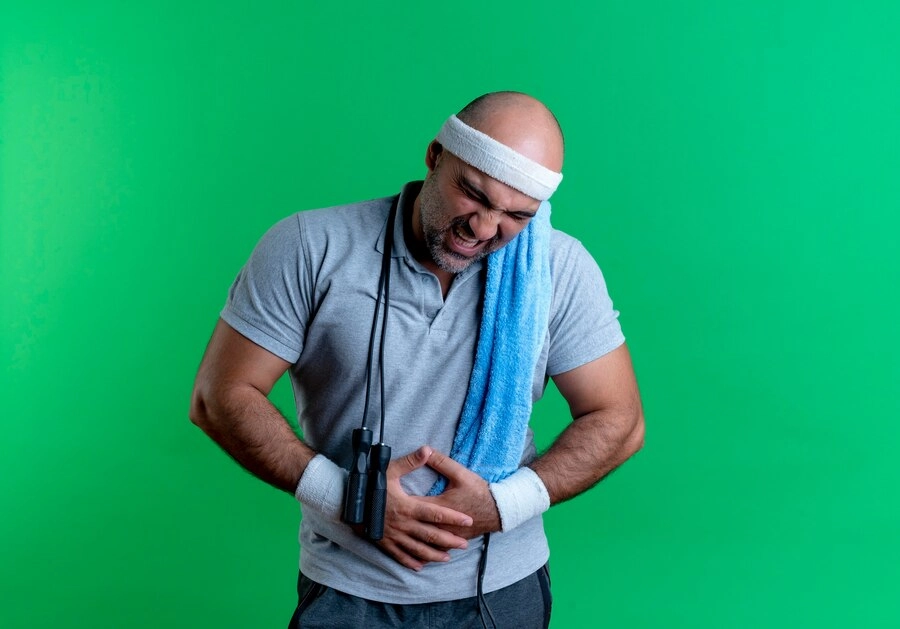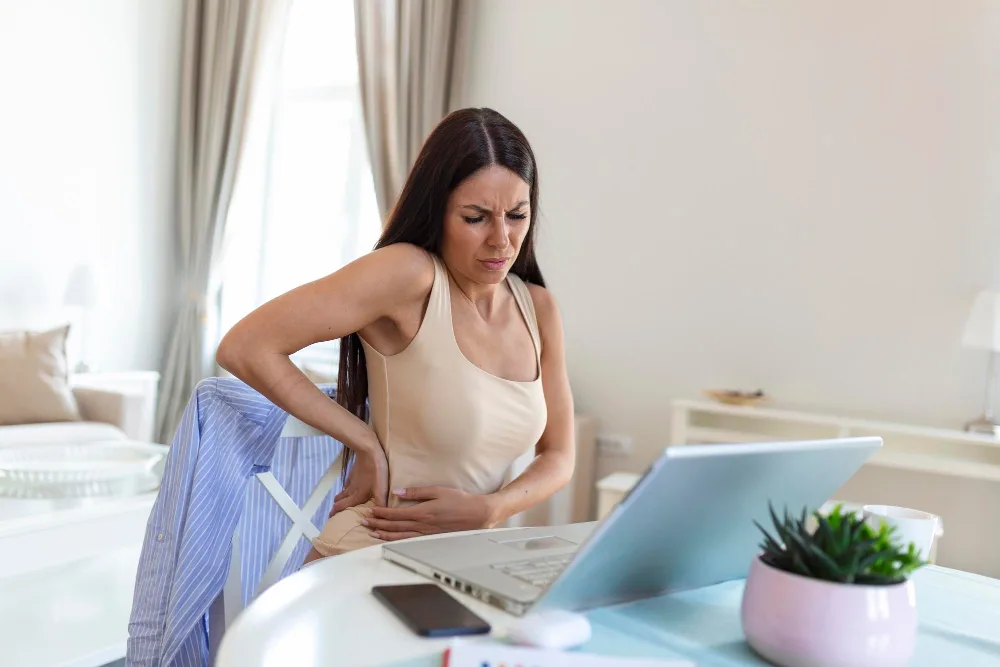What Causes Hemorrhoids?
Category: General Surgery
Hemorrhoids, also known as piles, are swollen veins in the lower rectum or anus. They can cause discomfort, itching, pain, and even bleeding during bowel movements. While this condition is very common, many people feel hesitant to talk about it, often delaying timely care and worsening their symptoms. The good news is that hemorrhoids are manageable with the right lifestyle changes and treatment.
At Lokmanya Hospitals, patients receive comprehensive care for hemorrhoids with a focus on both symptom relief and long-term management. With modern facilities and expert doctors, the hospital ensures safe, effective, and personalized treatment for every patient.
Common Causes Of Hemorrhoids
Several lifestyle and health factors contribute to the development of hemorrhoids. Understanding these causes can help in preventing the condition:
- Chronic Constipation – Straining during bowel movements puts extra pressure on rectal veins, leading to swelling and inflammation.
- Prolonged Sitting – Sitting for long hours, especially on the toilet, restricts blood flow and worsens hemorrhoids.
- Low-Fiber Diet – A diet lacking in fiber often results in hard stools, making bowel movements painful and straining unavoidable.
- Pregnancy – Increased pressure in the pelvic region and hormonal changes during pregnancy can trigger hemorrhoids.
- Aging – As tissues supporting rectal veins weaken with age, hemorrhoids become more likely.
- Obesity – Excess body weight puts additional strain on pelvic veins, increasing the risk.
By recognizing these causes, individuals can make early lifestyle adjustments to protect their digestive health and avoid unnecessary discomfort.
Lifestyle Factors That Worsen Hemorrhoids
Even if hemorrhoids have already developed, certain lifestyle habits can make them worse. These include:
- Eating processed, low-fiber foods that slow digestion
- Not drinking enough water, leading to dehydration and hard stools
- Excessive alcohol consumption, which dehydrates the body and affects bowel health
- Lack of regular physical activity, slowing down digestion
- Ignoring the natural urge to pass stools, which causes straining later
Making simple changes such as including more fruits, vegetables, and whole grains in your diet, staying hydrated, and incorporating daily exercise can significantly reduce the risk of flare-ups. For patients in Pune, adopting these habits not only prevents piles but also supports better overall digestive wellness.
Medical Conditions Linked To Hemorrhoids
Apart from lifestyle habits, some medical conditions can increase the risk of hemorrhoids or make them harder to manage:
- Chronic diarrhea or constipation that repeatedly strains rectal veins
- Liver disease and portal hypertension, which raise pressure in pelvic veins
- Inflammatory Bowel Disease (IBD), leading to chronic irritation in the digestive tract
- Anal infections that weaken tissues and cause swelling
In such cases, hemorrhoids may be more complex and require medical attention. If symptoms persist despite home remedies, it’s advisable to consult a hemorrhoids doctor in Pune at Lokmanya Hospitals for proper evaluation and treatment.
When To See A Doctor
Mild hemorrhoids can often be managed with diet and lifestyle changes, but certain symptoms should not be ignored. Seek medical attention if you experience:
- Persistent pain or swelling around the anus
- Bleeding during bowel movements that does not subside
- Lumps that remain even after bowel movements
- Severe itching or ongoing discomfort
Delaying treatment can worsen the condition, but with advanced surgical and non-surgical options available at Lokmanya Hospitals, effective relief is within reach.
Expert Care For Hemorrhoids
Managing hemorrhoids is not just about short-term relief but ensuring long-term comfort and preventing recurrence. At Lokmanya Hospitals, patients benefit from:
- Experienced doctors specializing in piles and general surgery
- Modern diagnostic facilities for accurate evaluation
- Advanced treatment options, both surgical and non-surgical
- Personalized care tailored to each patient’s condition
This combination of expertise and technology ensures that patients receive safe, reliable, and lasting outcomes.
Conclusion
Hemorrhoids are a common yet manageable condition, often linked to poor diet, sedentary lifestyle, aging, or underlying medical issues. Identifying the causes early and making healthy lifestyle changes can go a long way in reducing discomfort and preventing complications. For those experiencing persistent symptoms, consulting a specialist is essential.
With the expert care available at Lokmanya Hospitals in Pune, treating hemorrhoids is now more accessible and effective than ever, ensuring both relief and long-term digestive health.
FAQ’s
1. What are the first signs of hemorrhoids?
The first signs include itching, discomfort, small amounts of bleeding during bowel movements, and swelling near the anus.
2. Can hemorrhoids go away on their own?
Mild hemorrhoids may heal with lifestyle changes, but persistent cases require medical treatment.
3. Are hemorrhoids dangerous?
Hemorrhoids are not usually dangerous but can cause complications like anemia or severe pain if untreated.
4. Does pregnancy increase the risk of hemorrhoids?
Yes, hormonal changes and increased pelvic pressure during pregnancy make hemorrhoids more common.
5. Can diet affect hemorrhoids?
Absolutely. A fiber-rich diet with adequate water intake prevents constipation and reduces hemorrhoid risk.
6. What treatments are available for hemorrhoids in Pune?
Options include lifestyle changes, medications, minimally invasive procedures, and surgery if needed.
7. When should I see a hemorrhoids doctor in Pune?
If symptoms persist for more than a week or bleeding and pain increase, it’s best to consult a specialist.





